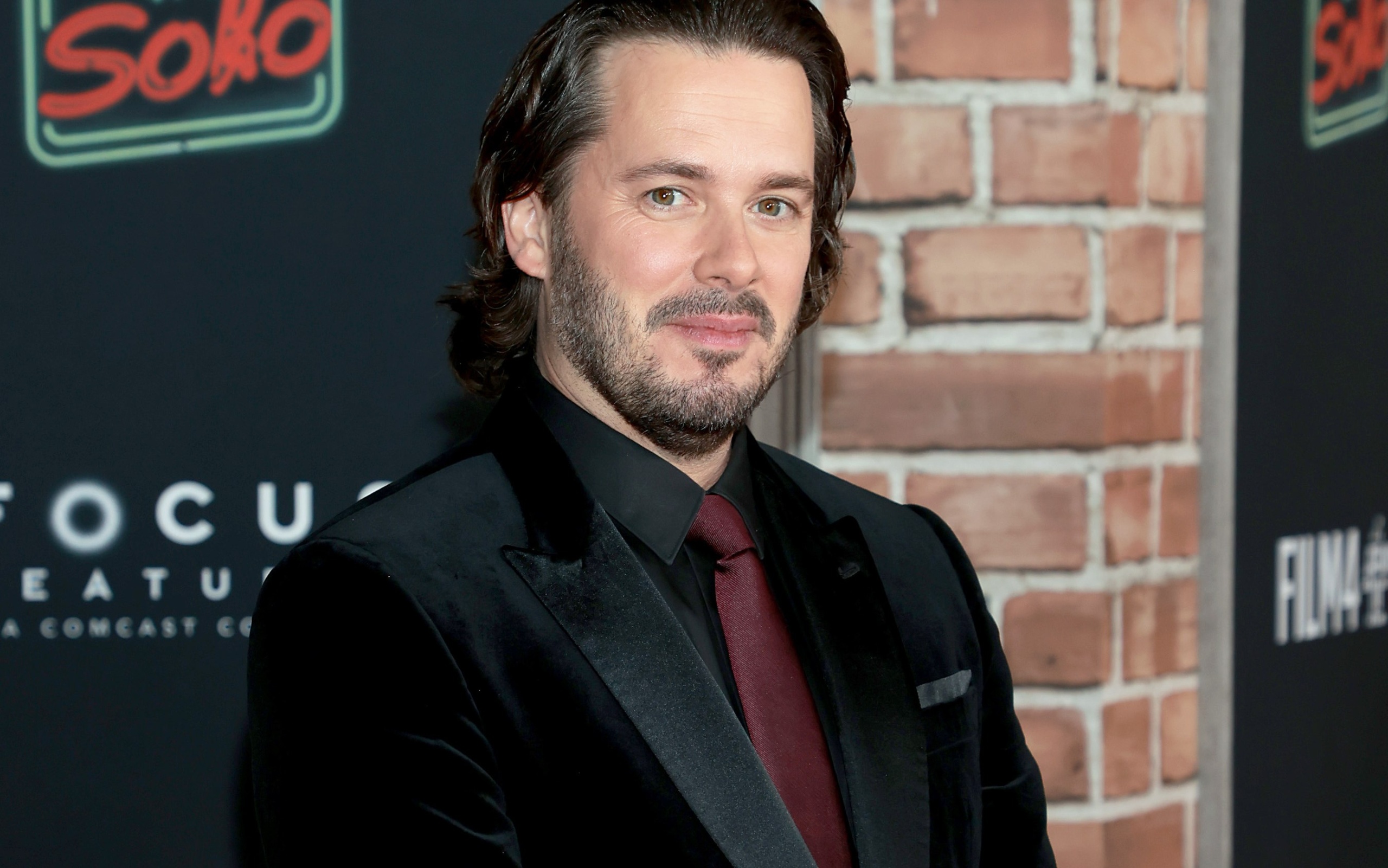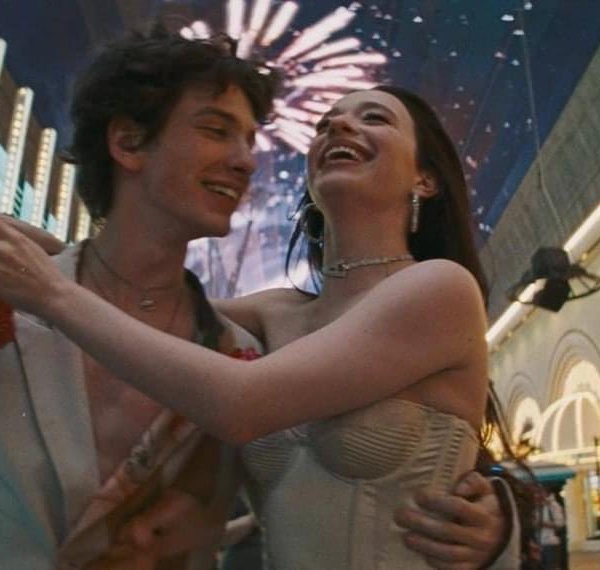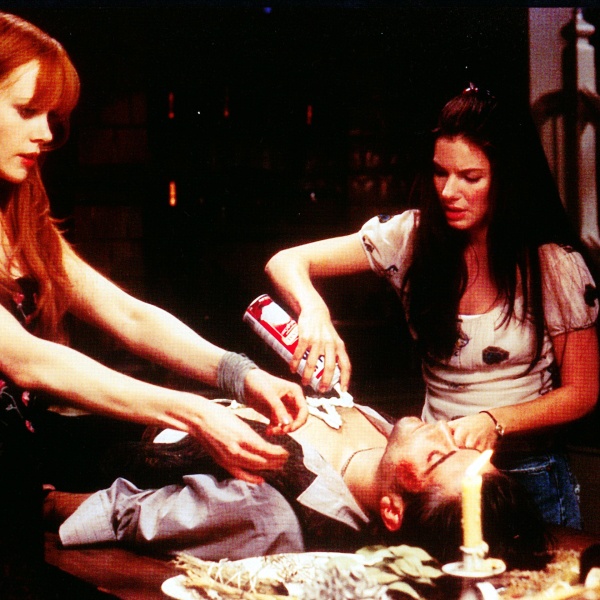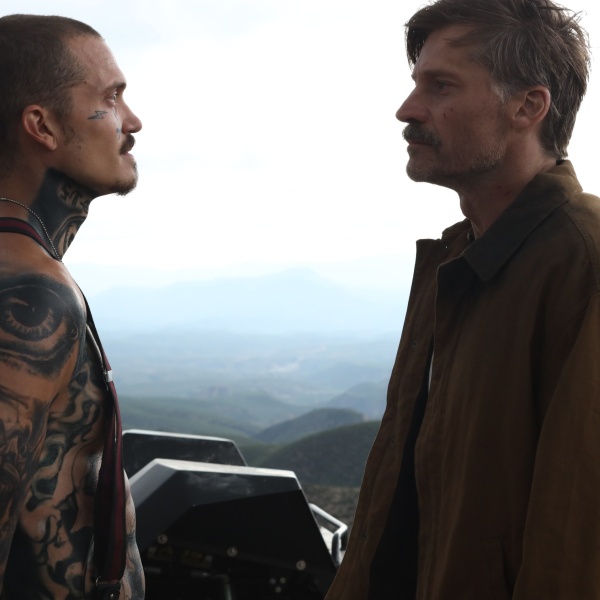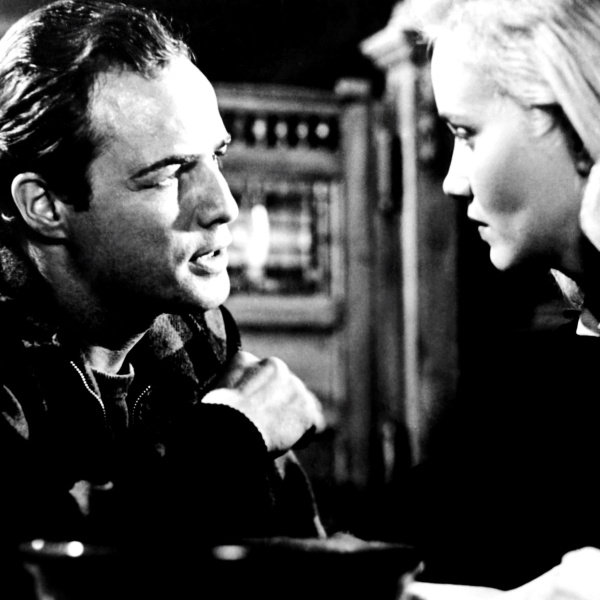Edgar Wright may be behind the Cornetto trilogy and the “Scott Pilgrim Vs. the World” universe, thanks to a new animated Netflix series, but the auteur is now speaking out on franchise fatigue as a whole.
While appearing on the “Happy Sad Confused” podcast, without calling out specific franchises, Wright stressed the importance of creating fresh material or new takes on beloved stories.
“I think one of the problems with film franchises is sometimes when they announce — I’m not mentioning any names or anything — when they announce like massive slates of films and TV shows […] there’s a danger of killing the golden goose,” he said. “I would never want to besmirch any franchises because I’m 49 now, and it’s a different thing if maybe you have kids, and it’s about introducing your kids to the franchises. But it is a weird thing: If I could go back to when I was a young film fan, and I’ve just enjoyed a movie, and people are saying, ‘Guess what? They’ll be one every three years for the rest of your life.’ I’d be like, ‘Really?!’ That’s the thing that is sad to me, the lack of investment in new movies.”
The “Shaun of the Dead” director continued, “I know that might sound like hypocrisy if I’m talking about various remakes and stuff. But again, it’s about finding a different angle on something, and maybe those things haven’t been done for 40 years. But that’s the thing: I wish some franchises would just kind of have the sense to just take a breather and let people get excited about it again. I feel like there are certain things that I loved that I don’t want to see again, or I don’t want to see them again for a long time. And again, I’m not going to bad mouth anything because it always gets interpreted as sound[bites].”
Wright added, “We desperately need more new movies. I know IP is the dreaded word but it’s even like finding new things that could be a series. It doesn’t just have to be the same things again and again. I’m not so naive to say everything has to be an original going forwards. Obviously, that would be great and there are a lot of great indies and international cinema. They don’t have the same problem […] international cinema is flourishing. I just think you would hope the studios would put as much investment into original films as they do into the ongoing IP, but also it’s OK to take a break and let something be missed so then you can have a big return, or just think about things that could be franchise starters.”
Wright pointed to incoming studio executives being the shepherds of IP, saying, “That’s the thing that baffles me. Whenever somebody comes into a studio, and they take over, you become the janitor for all the IP. So if somebody takes over Warner Bros., somebody will ask the question, ‘What are we doing with “Scooby-Doo”?‘ It’s thinking about, ‘These are the assets we have. What are we doing with “Scooby-Doo” right now?’ That’s basically what happens.”
Wright recalled pitching a “milk chocolate” version of James Bond to producer Barbara Broccoli, as opposed to the “dark chocolate” heaviness of the recent Daniel Craig-led iteration. Wright applauded the direction of the 007 brand for taking a “breather” when it comes to greenlighting the next reboot.
“I think they’re pretty smart actually because they’re willing to kind of put a pause on things to build anticipation. They are the exception,” Wright said. “They are smart enough to put the brakes on and build anticipation so you’ll be excited for the next one. I think one of the problems now is that I wish some films and series that people would understand it’s OK to take a break and build anticipation.”
Wright summed up, “That’s just one example but it is something I just feel that people forget ‘Alien’ back in 1979. ‘Terminator’ was an original screenplay back in 1984. ‘Star Wars’ was an original screenplay in 1977. So the fact that the studios don’t want to take those gambles, like, would anybody make ‘The Matrix’ now like the budget was in 1999? It seems unlikely, which is sad. That’s my rant over.”
“Oppenheimer” director Christopher Nolan recently addressed the “balance” between maintaining franchise IPs and greenlighting new original projects in an interview with the Associated Press.
“There’s always a balance in Hollywood between established titles that can ensure a return which is giving people more of what they want,” the “Dark Knight” director said. “That’s always been a big part of the economics of Hollywood, and it pays for a lot of other types of films. But there always also has to be respect for the audiences’ desire for something new.”
